Cataract
Clouding of the eye’s natural lens, leading to blurred or dim vision. Surgical treatment replaces the cloudy lens with a clear artificial one.
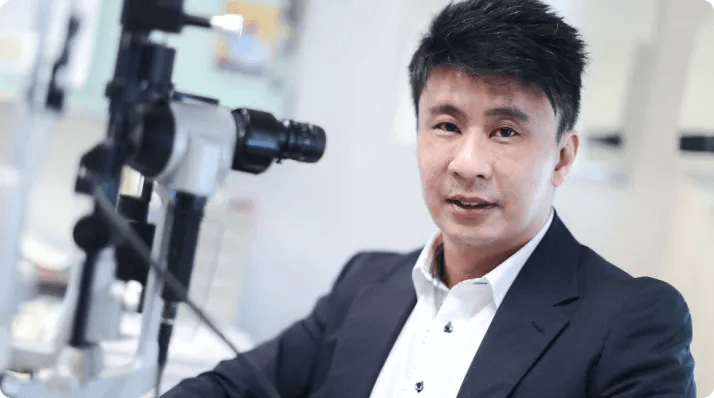

Located at Camden Medical Centre in Singapore, our eye centre is a full-service ophthalmology clinic offering comprehensive eye care for patients of all ages, from children to seniors. Led by Dr Steve Seah, an experienced eye specialist with over 30 years in the field, we provide a wide range of services including cataract surgery, glaucoma treatment, and vision correction procedures.
Whether you are managing refractive errors, dry eye, retinal conditions, or other eye health concerns, our dedicated team is here to help. Equipped with modern and advanced diagnostic tools, we are committed to delivering effective treatments and achieving the best possible outcomes for your vision.
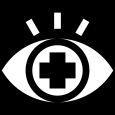
With over 30 years of experience, our ophthalmologist Dr Steve Seah is recognised internationally for his accomplishments in cataract and glaucoma.

Our eye clinic always places the care of our patients first. We are dedicated to helping you restore healthy eyesight.

Our professional team is here to advise and offer the most appropriate financing plan based on your insurance coverage, or if you do not have any.
Kindly fill up the form below and we will be in touch with you to arrange an appointment at your earliest convenience.

Clouding of the eye’s natural lens, leading to blurred or dim vision. Surgical treatment replaces the cloudy lens with a clear artificial one.

A group of eye conditions that damage the optic nerve, often due to high eye pressure. Early treatment with medication or surgery can help prevent vision loss.
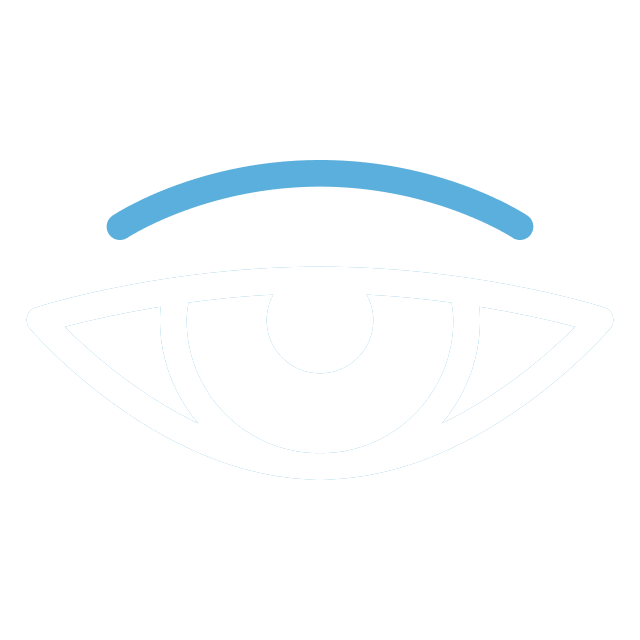
Drooping of the upper eyelid, which may affect vision or appearance. Can be corrected with eyelid surgery to improve function and appearance.

A common refractive error where distant objects appear blurry. Managed with glasses, contact lenses, or laser vision correction.
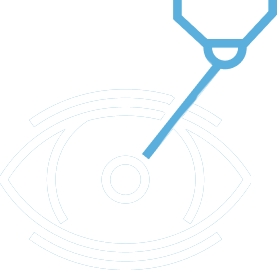
Age-related difficulty in seeing up close, typically starting after 40. Treated with reading glasses, bifocals, or corrective procedures like LASIK or lens implants.
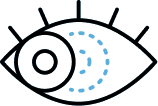
A condition where the eyes do not align properly, which can affect depth perception. Treatment includes glasses, vision therapy, or eye muscle surgery.
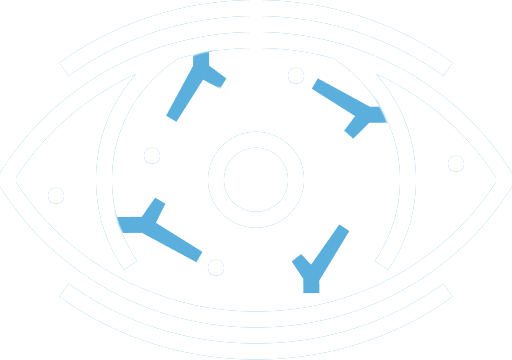
A range of vision issues caused by diabetes, such as diabetic retinopathy. Requires regular eye exams and treatment like laser therapy or injections to preserve vision.
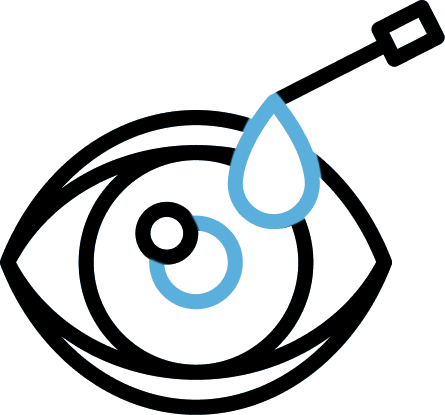
Includes conditions like macular degeneration and retinal detachment that affect the retina. Treatments vary from injections to surgery, depending on severity.

Disorders affecting the cornea, including infections, dystrophies, and injuries. Managed with medicated drops, specialised lenses, or corneal transplants.

Issues from improper lens use, such as infections or dry eyes. Treated by stopping lens wear temporarily and using medicated eye drops or changing lens hygiene habits.
Known for our specialised expertise in cataract surgery, we draw patients from around the world to seek cataract treatment from our established eye surgeon. Our laser cataract procedure has helped thousands of patients regain sharp eyesight safely, quickly and effectively.
Our eye surgeon, Dr Steve Seah, is internationally recognised for his accomplishments in cataract treatment. He was regularly invited to perform live surgeries at global conferences and has performed thousands of successful cataract procedures.
Together, we’ll develop a customised cataract treatment plan designed specifically for you.

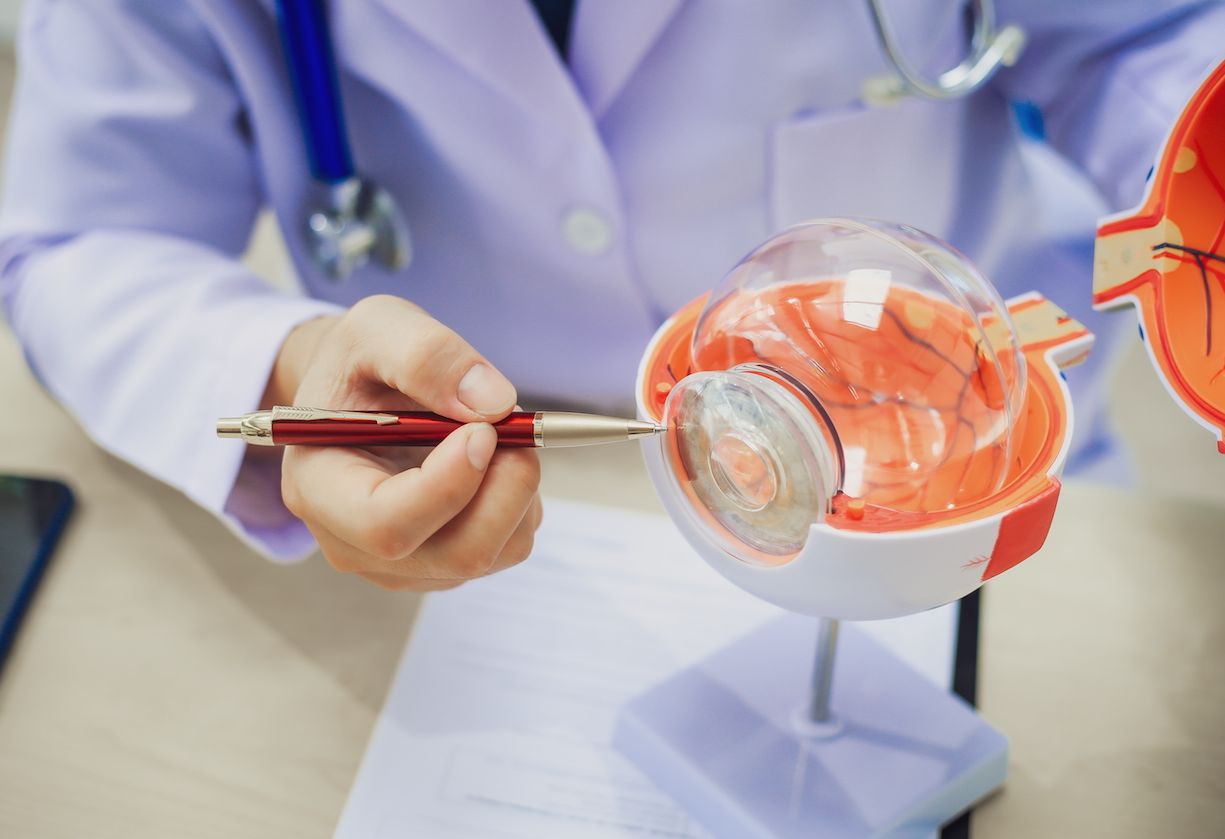
Effective glaucoma care starts with specialised eye exams to detect early nerve damage and vision loss. Treatment may involve medicated eye drops, laser therapy, or surgery depending on severity. For advanced cases, glaucoma drainage implants offer long-term pressure control.
Our eye specialist in Singapore tailors each treatment plan to your needs, combining precision diagnostics with proven therapies to protect your sight.
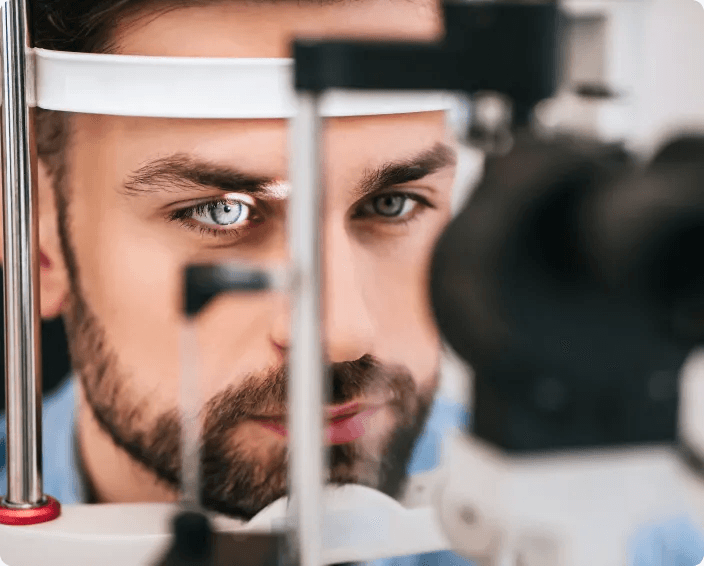
Our eye centre is an ophthalmology practice with a longstanding history of dedicated vision care in Singapore, providing a full range of eye care services, both surgical and medical, that include:
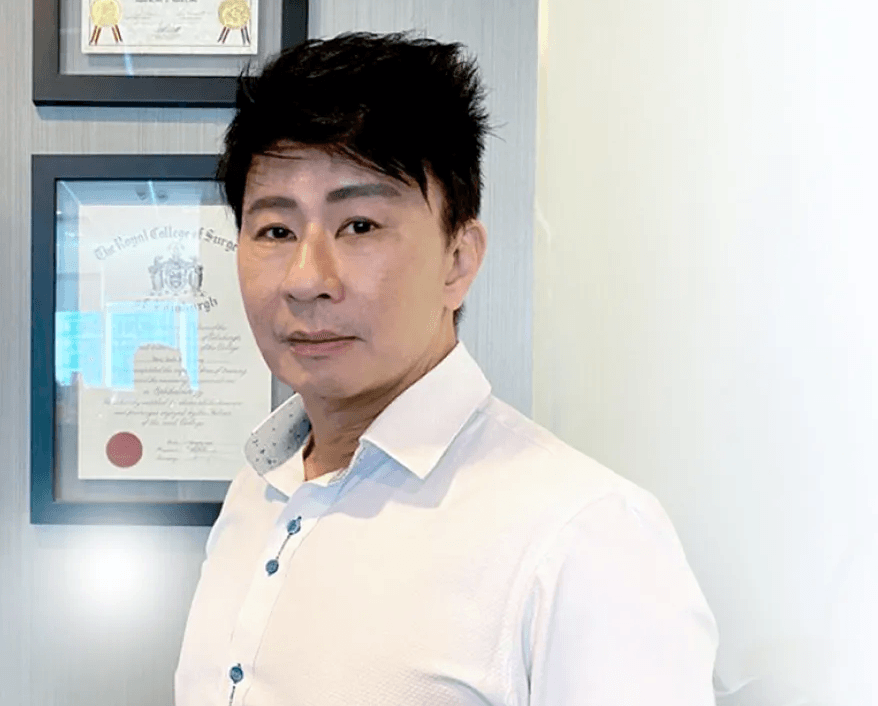

You should see an ophthalmologist if you experience:
Ophthalmologists are medical doctors specialising in comprehensive eye care, including diagnosis, treatment, surgery, and prescription of corrective lenses. Optometrists, holding a Doctor of Optometry (OD) degree, provide similar services, but do not perform surgical procedures. Opticians are technicians limited to fitting and dispensing eyeglasses and contact lenses based on prescriptions; they do not diagnose or perform surgery.
Ophthalmologists treat various eye diseases like glaucoma, cataracts, dry eye, and retinal issues.
Your initial ophthalmology appointment will begin with a review of your medical history and a discussion of your vision concerns. Following this, comprehensive eye exams will be conducted to assess your eye health. Based on the examination results, the ophthalmologist will determine the appropriate treatments, prescriptions, and follow-up care.